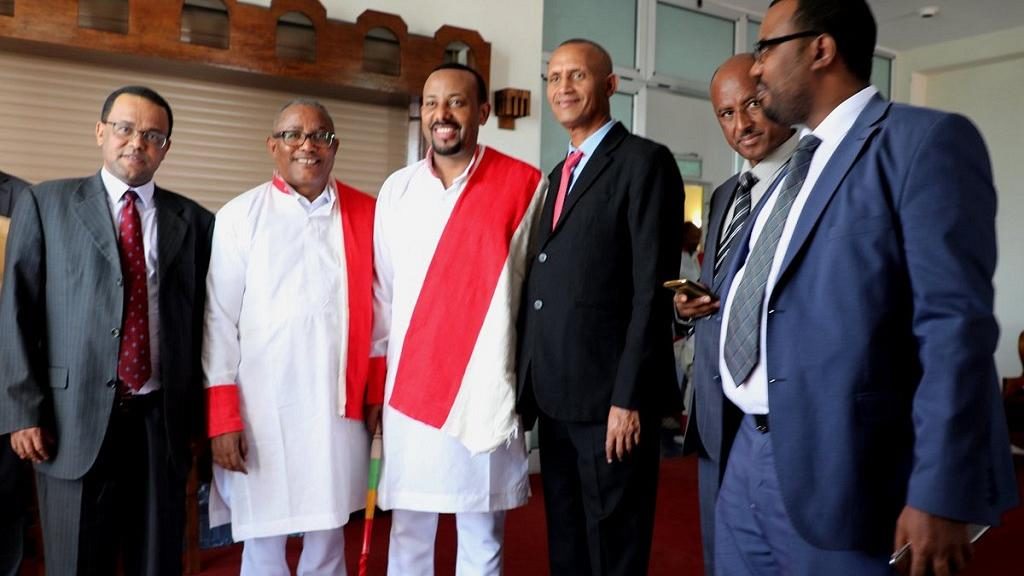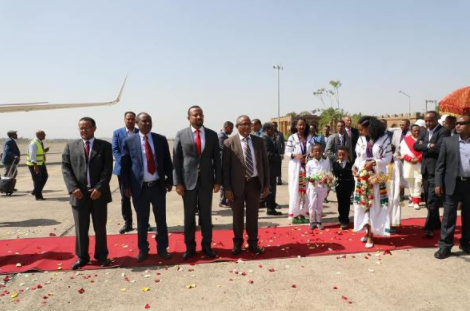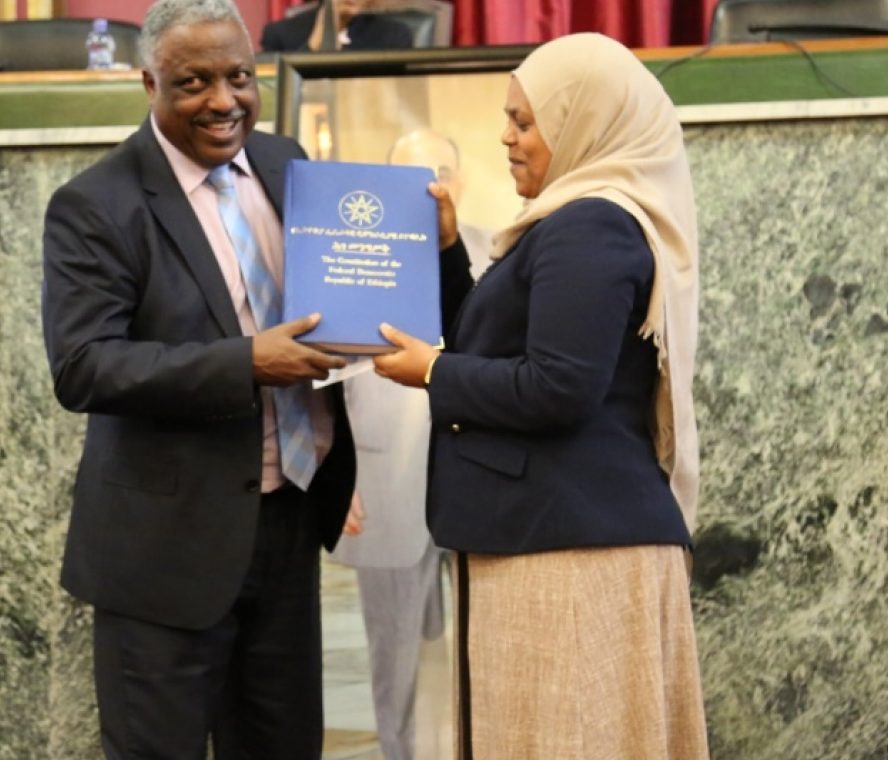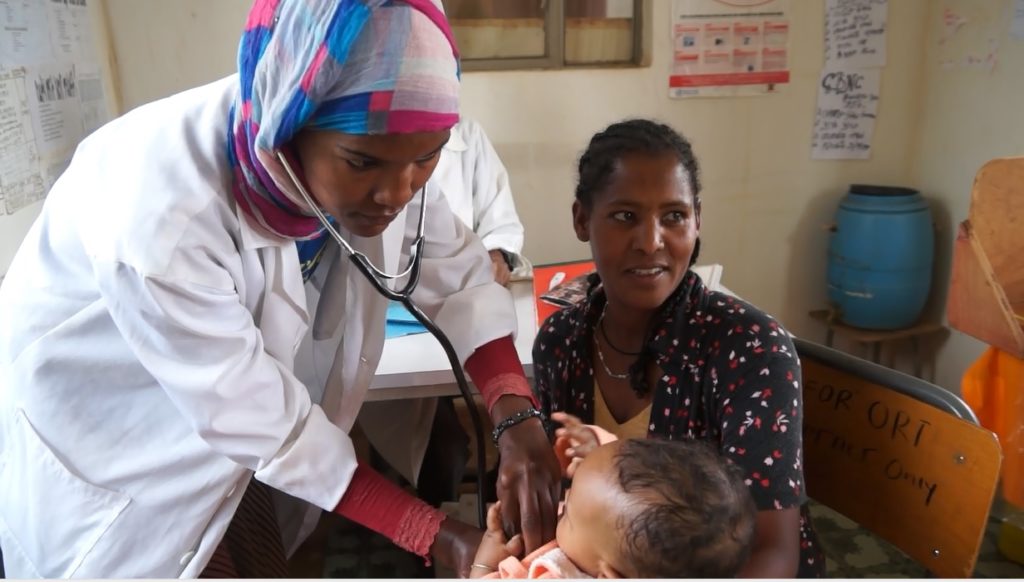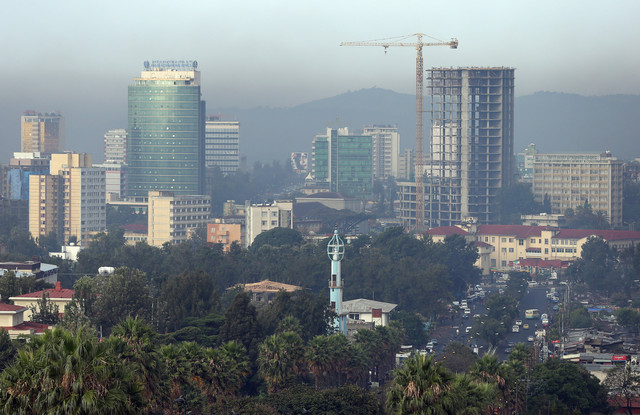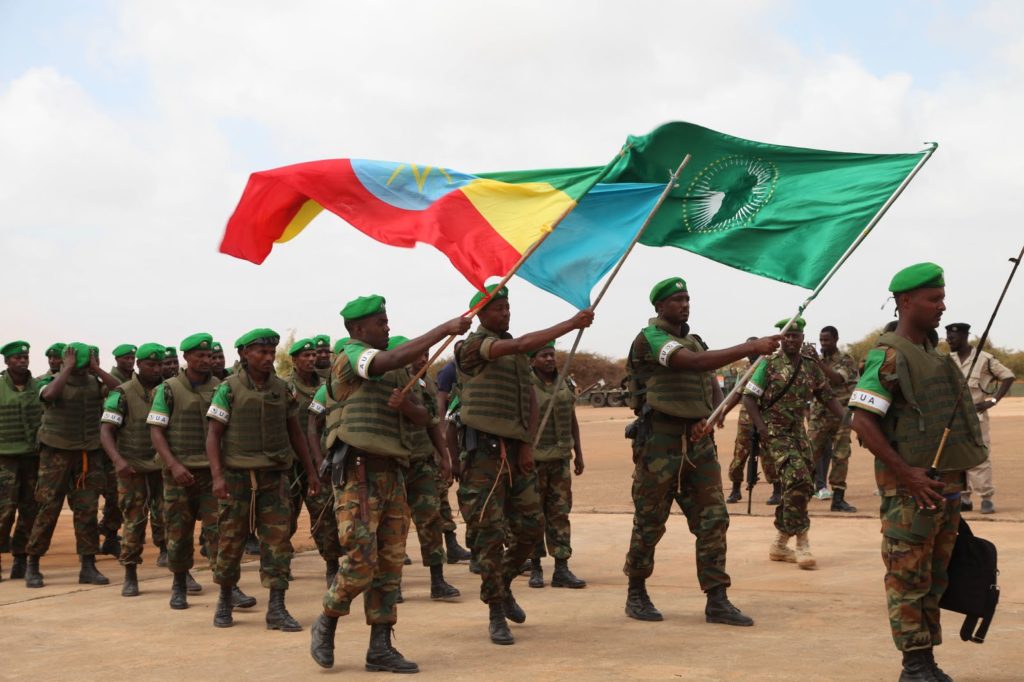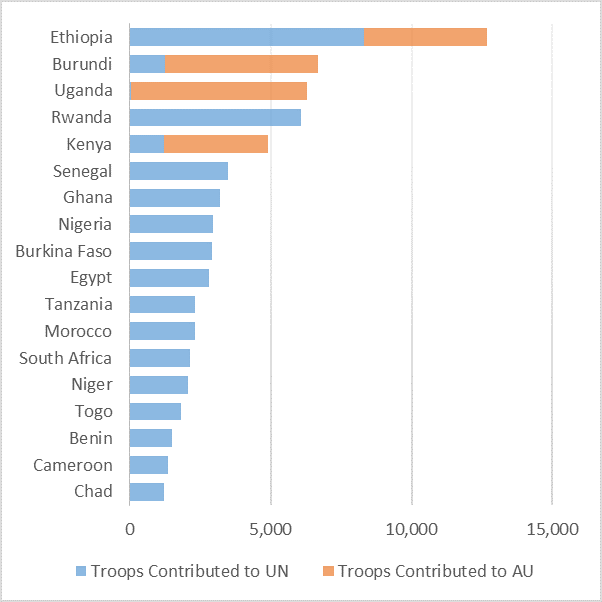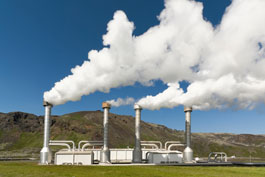
On 20 April, the Ethiopian government revealed that Ethiopia’s access to electric power grid system has now reached more than 57 percent.
The Ethiopian Ministry of Water, Irrigation and Electricity, in its latest report presented to the Ethiopian House of Peoples and Representatives, indicated that the country’s access to electric power has reached 57 percent, while the number of households that are connected through the national electric power grid system has reached to 2.8 million.
According to Tilahun Legesse, Director of the National Electricity Provision under the ministry, the number of Ethiopian households and the reported percentage level is only attributed to the electric power energy, in which the contribution of other sources of energy would further augment the country’s energy coverage.
According to the World Bank, Ethiopia has the second highest available energy generation capacity in the Sub-Saharan African region, with nearly 100 percent coming from renewable energy generation (mostly hydropower), and vast and mainly untapped solar, wind, and geothermal clean energy resources.
Bizuneh Tolcha, Director of Public Relations and Communications Directorate at the Ethiopian Ministry of Water, Irrigation and Energy (MoWIE), recently told Xinhua that the East African country plans to reach 17,300 MW of energy by the end of 2020, a major leap from the current 4,280 MW of energy.
According to Tolcha, the Ethiopian government expects to reach the figure with the generation of energy projects in hydro, wind, geothermal and biomass energy sectors.
The biggest project that Ethiopia envisaged to fulfil the planned 17,300 MW is the 6,450 MW hydro project, under construction on the Blue Nile river at a cost of close to 4.7 billion U.S. dollars, which is currently 65 percent completed.
While the other projects that are expected to be completed before the 2020 deadline include the 254 MW Genale Dawa I hydropower project and the 120 MW Aysha Windfarm project.
Ethiopia also expects to generate energy from the under-construction 50 MW Reppie waste-to-energy project and the 70 MW Aluto Langano geothermal energy project.

